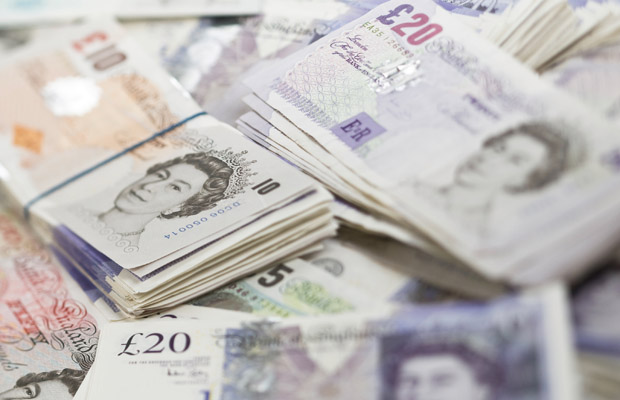Mobile Operators Face Hefty Bill For 0800 Charges As Supreme Court Sides With BT

BT says it will seek to recover money it is owed for connecting users to non-geographic numbers as lengthy court battle comes to an end
BT could be owed millions of pounds from mobile operators following a ruling by the Supreme Court that the former state monopoly can increase the charges it imposes for connecting calls to non-geographic phone numbers such as 0800 and 0845.
The ruling brings to an end a long-running legal dispute that started in 2009 when BT increased the charges, a move which was opposed by Ofcom which said the increase was not “fair or reasonable” and that the proposed changes would not benefit consumers.
BT successfully challenged Ofcom’s decision at the Competition Appeal Tribunal (CAT), but this was reversed by the Court of Appeal, forcing the CAT to take the matter to the Supreme Court.
BT ladder pricing
 The UK’s highest court found that BT was permitted to make such changes and disagreed with Ofcom’s original ruling. The Supreme Court said Ofcom’s role was to determine whether the charges were within the limits of its contractual discretion and could not reject the proposals simply because there may have been a chance consumers would be affected, especially if there was no evidence.
The UK’s highest court found that BT was permitted to make such changes and disagreed with Ofcom’s original ruling. The Supreme Court said Ofcom’s role was to determine whether the charges were within the limits of its contractual discretion and could not reject the proposals simply because there may have been a chance consumers would be affected, especially if there was no evidence.
“BT is pleased to have won this appeal,” a BT spokesperson told TechWeekEurope. “The Supreme Court has concluded that BT does have the right to set prices for its wholesale termination services for 08x numbers and should not have been prevented from charging ‘ladder pricing’ in this competitive market. Such pricing was designed to benefit UK consumers by incentivising the mobile operators to lower their retail prices.”
The ruling means mobile operators could be liable for five years’ worth of charges and BT has confirmed it will seek to be reimbursed.
Costly for operators
“This judgement overturns the previous decision by the Court of Appeal in July 2012 which ruled against the charges and reinstates the earlier order of the Competition Appeals Tribunal in August 2011 which found in favour of BT,” added the company. “We will now start proceedings to recover the money that has been refunded to the mobile operators since the Court of Appeal ruling. We will also be pursuing claims for further termination charges subsequent to that ruling.”
Mobile operators say they are disappointed with the decision and will review it before taking any further action.
“We are disappointed with today’s ruling from the Supreme Court,” said O2. “Naturally this is a complex matter and we’ll be reviewing the implications.”
“This decision is the latest in a series of appeals. It’s a complex matter and we’re looking into what it implies,”Three told TechWeekEurope.
“We are both surprised and disappointed by this decision,” added EE. “We are closely considering our position, but, regardless of the outcome, EE remains firmly of the view that BT’s ladder charges are ultimately harmful to consumers and investment in mobile coverage.”
Vodafone said it had noted the decision made by the supreme court and would look at the ruling in more detail before making further submissions when it is implemented.
Earlier this year, Ofcom proposed lowering the costs that mobile and fixed line operators can charge for connecting calls on their networks. The telecommunications regulator said reduced Mobile Termination Rates (MTR) would benefit consumers.
Who are Britain’s mobile operators? Try our quiz!